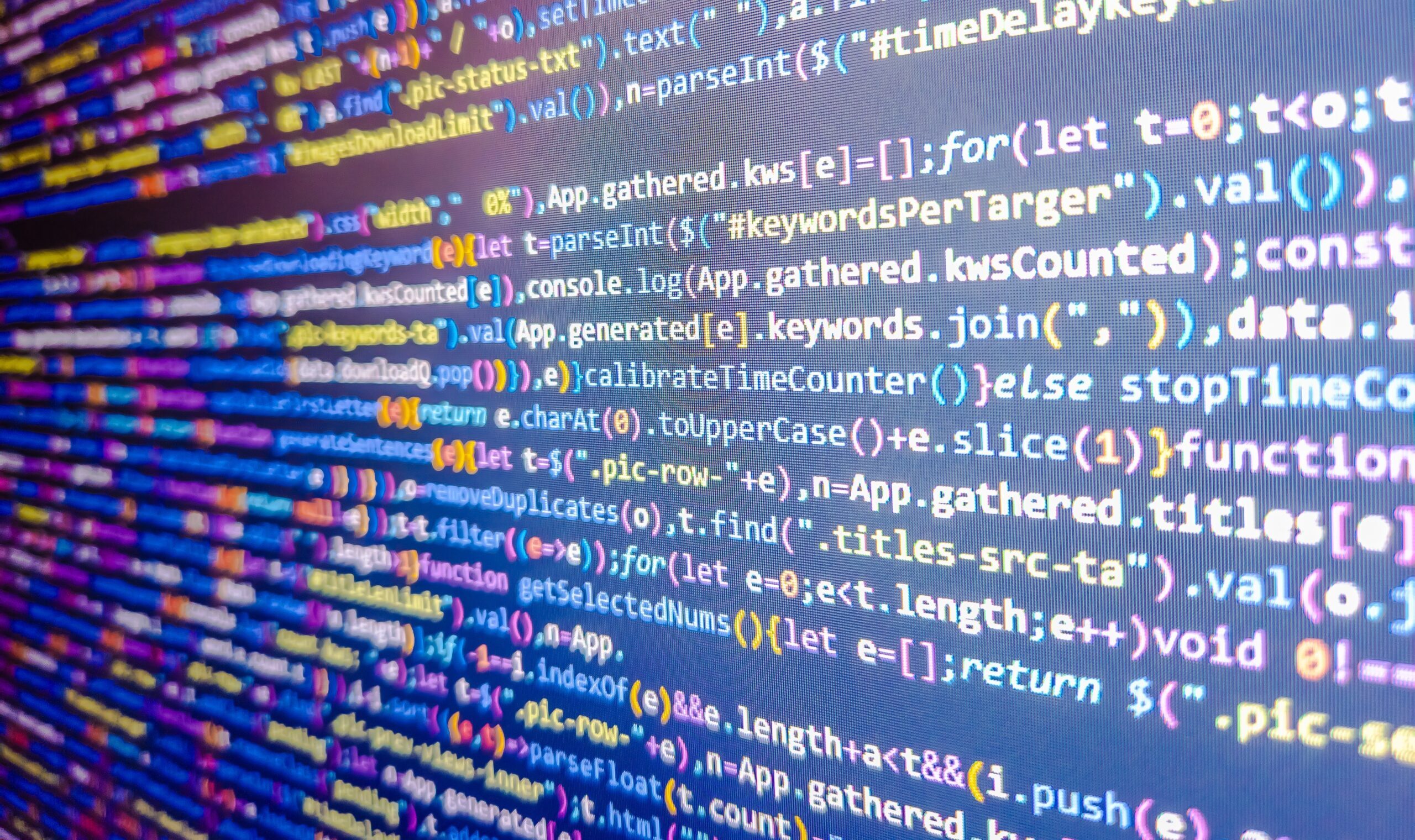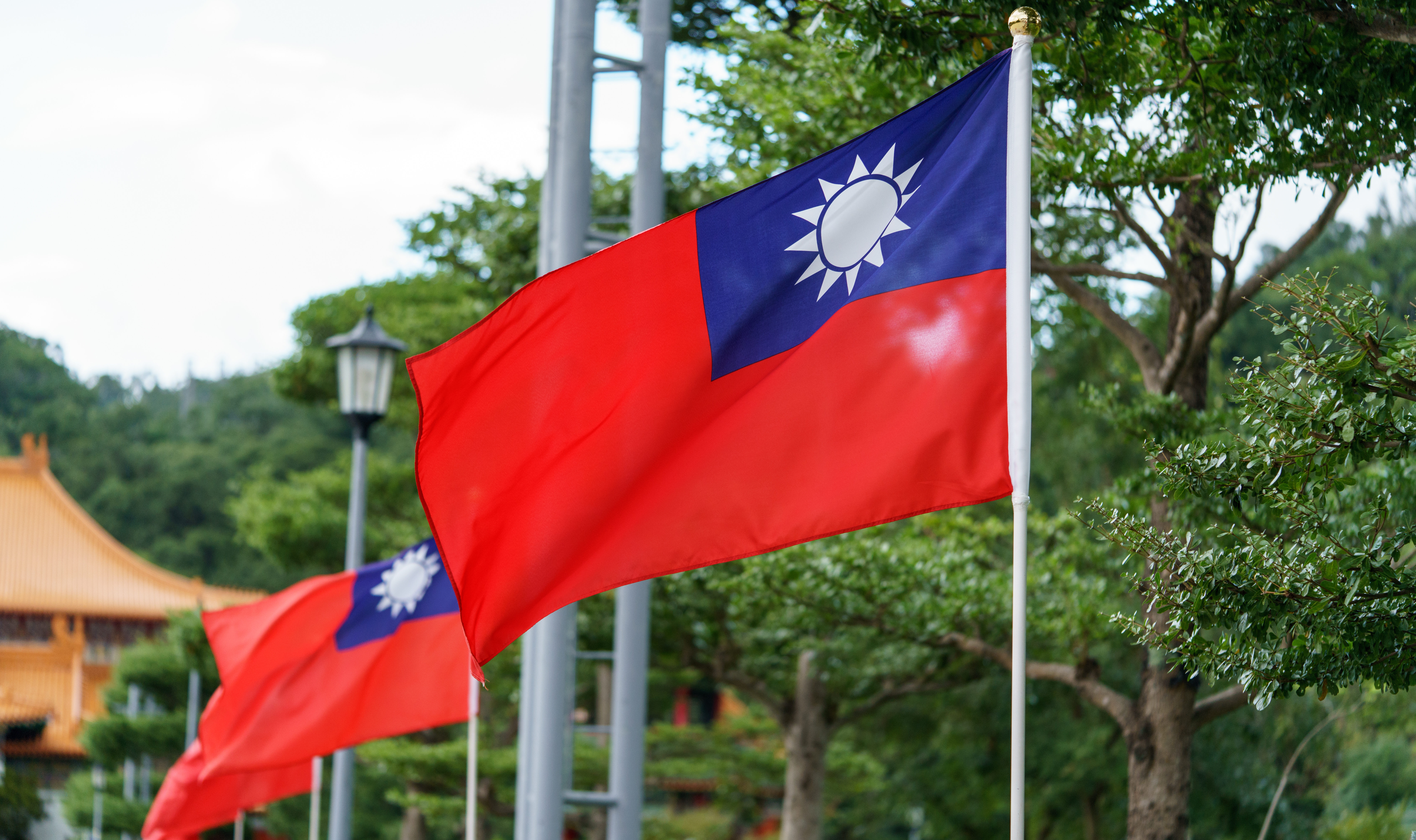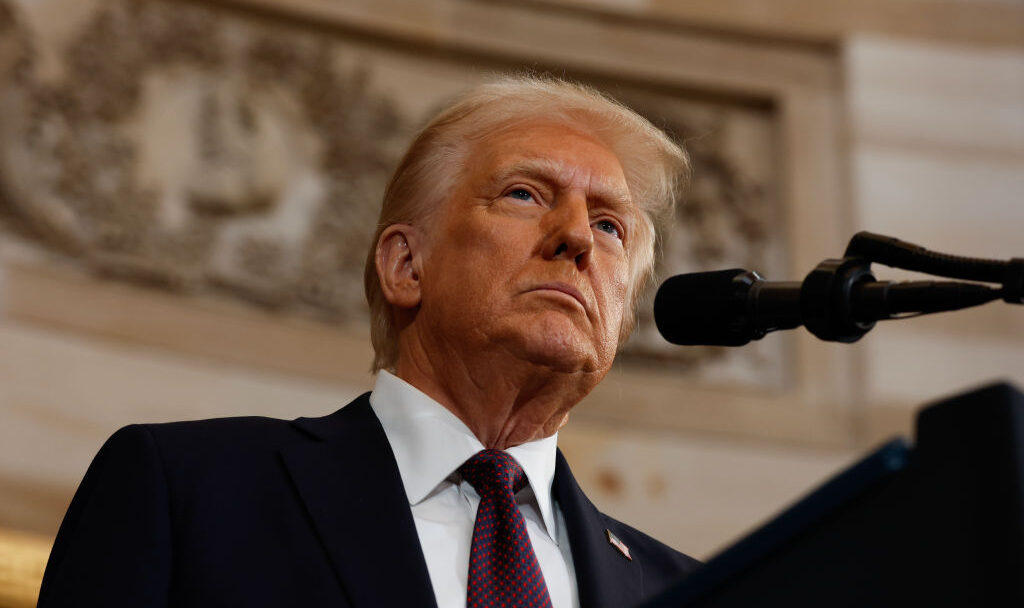
www.theamericanconservative.com
Don’t Make Taiwan the Next Ukraine
Foreign Affairs
Don’t Make Taiwan the Next Ukraine
The U.S. is rushing, again, into war over a country that few Americans understand.
Before Israel’s surprise attack against Iran two weeks ago, Taiwan was the country most widely regarded as a potential flashpoint for the next war. Elbridge Colby, the undersecretary of defense for policy and a longtime China hawk, has made a career out of pushing the United States to center its Pacific strategy around denying the People’s Republic of China the ability to invade Taiwan, which it regards as a renegade province.
Sen. Tom Cotton (R-AR) wrote a book earlier this year urging Americans to take up the cause of Taiwan. Vivek Ramaswamy, channeling Richard Nixon while running for president a couple of years ago, stood in the Nixon Library and made the Machiavellian proposal that the United States ought to defend Taiwan until the island was no longer useful for providing microchips, at which point it should be abandoned.
President Joe Biden, on multiple occasions, pledged to defend Taiwan in the event of a Chinese invasion. In 2021, the Biden administration released a strategy document that articulated the reasons for U.S. support for Taiwan. “We will support Taiwan, a leading democracy and a critical economic and security partner, in line with longstanding American commitments,” the document said.
There are many Americans talking up, talking about, and talking for Taiwan. But a question remains. Where are the Taiwanese?
One reason for the near-total absence of Taiwanese voices in American discourse may be that, when one speaks with Taiwanese people, they tend to have a much more nuanced view of their country than China hawks in DC want to hear. When one speaks directly to the Taiwanese about the state of politics in their homeland, they tend to question the very basis that many China hawks offer for defending Taiwan from the People’s Republic of China, namely, that the small island nation is a robust democracy.
Recently, I reached out to Joanna Lei, a former member of the Legislative Yuan—Taiwan’s unicameral legislature—to find out more about the country’s vaunted “democracy.”
Dr. Lei, who received her PhD from the University of Pennsylvania, was once affiliated with the Kuomintang (KMT), the Nationalist party that fled from the Chinese mainland to Taiwan under the leadership of Chiang Kai-shek in 1949. She is now part of a Christian-aligned political party that has been working to fight the onslaught of LGBT insanity in Taiwan. (The current Taiwanese president, Lai Ching-te, is a full-fledged LGBT maniac, as was his predecessor, Tsai Ing-wen.) Dr. Lei paints a portrait of Taiwan very different from the propagandist narrative one hears on American cable news.
“The DPP [Democratic Progressive Party] government has been held up as a model democracy and valued partner by both Democratic president Joe Biden and Republican president Donald Trump,” Lei said. “But this gesture of broad support leads to a lot of things getting swept under the rug.
“For example, prior to the first anniversary of President Lai Ching-te’s inauguration, we on the ground in Taiwan witnessed a rapid deterioration of Taiwan’s democracy. At the tail end of President Tsai Ing-wen’s time in office, the government passed many laws that can be characterized as bills of attainder targeting opposition parties. When Lai Ching-te took office in May 2024, these laws were implemented to the nth degree, and more recently the DPP has waged something called a general recall.
“Typically, one or two senators who really did not perform well would be recalled if a recall were to be held according to our system. Such politicians would be recalled by their own constituents. The DPP’s general recall, however, is an entirely different beast. The DPP, not constituents, carried out a recall of more than thirty-five legislators from opposing parties, including the KMT.”
“This sounds more like a purge than a recall,” I interjected.
“It is a purge,” Dr. Lei affirmed.
“Under normal circumstances,” she continued, “a president can prorogue the parliament and hold a general election, but the DPP has used what it is calling a ‘general recall’ to target legislators.
“The KMT mounted a counter-recall, seeking to remove DPP legislators, as a way to fight back against the DPP’s general recall. But the DPP responded by using the judicial branch to investigate those in the KMT leading the counter-recall. About ten KMT leaders were incarcerated and kept incommunicado.
“In addition, the DPP has jailed the leader of the opposition People’s Party for more than six months. All of this hurts the balance of power and the separation of powers.”
To be sure, one of the targets of Lai’s wrath is Ko Wen-je, a KMT bigwig and former mayor of Taipei who has been dogged by serious corruption allegations. But there are others, too, whom the DPP machine has jailed—political prisoners, by all accounts, in one of Washington’s favorite “democracies.”
Many in Taiwan notice what is happening. This April, more than 250,000 people took to the streets in Taiwan to voice their opposition to democratic backsliding. However, almost no major Western media outlets covered this. In May, President Lai Ching-te gave a major speech on the anniversary of his inauguration in which he continued to portray Taiwan as a model democracy. He failed to mention, though, what was happening on the ground.
When Washington takes an interest in a foreign “democracy,” it rarely admires it from afar. Washington’s next move, after locating (or grooming) a “democratic partner,” is often to infiltrate that country’s governing structure. I asked Dr. Lei about reports that the Taiwanese government is welcoming American advisors into the halls of power there.
“We changed the law so that United States citizens can serve as advisors in the Taiwanese government,” Dr. Lei confirmed. “We also have a lot of American military advisors coming to Taiwan. This is a first since 1979, when the United States severed diplomatic relations with Taiwan. At that time, the United States promised to remove military personnel from Taiwan and to stop operating the joint-defense treaty.”
There is much at stake in America’s revision of the status quo and its drive to turn Taiwan into an anti-China proxy. As Dr. Lei pointed out, the last time there was direct combat between Taiwan and the Chinese mainland was in 1958, when Beijing unleashed heavy shelling of the tiny islands of Quemoy and Matsu. While the Kuomintang and the Chinese Communist Party (CCP) remain, technically, locked in a state of civil war, Dr. Lei said that the two sides have been able to maintain peace.
“In 2005,” Dr. Lei told me, “Lien Chan, the then-KMT chairperson, led a delegation to Beijing. I was part of that delegation. The purpose was to start a conversation, to discuss our peaceful co-development going forward. 2005 opened an era, a negotiation, of moving towards an eventual peace. The presidency of Ma Ying-jeou [2008-2016] saw the results of that. There were twenty-two ministry-to-ministry meetings and over thirty agreements between the governments on both sides of the Taiwan Straits. We did this without any foreign intervention.
“The president now, however, Lai Ching-te, has an extreme pro-Taiwanese-independence stance. Therefore, he really needs the support of the United States and Japan.”
I asked Dr. Lei if Taiwanese people feel that Washington intends to make Taiwan the next Ukraine, using Taiwan as a pawn in a geopolitical game. She confirmed this was the case.
“It is now more clear than ever what is going on,” Dr. Lei replied. “Recently, American secretary of state Marco Rubio said that the United States has to get out of Europe and the Middle East so that it can focus its attention on the western Pacific. It’s very, very clear that there is a progression. First it was Ukraine. Then it was Israel. Now it is the western Pacific.”
“People in Taiwan are gradually beginning to realize that if a theater for the next confrontation is to be chosen, Taiwan and the Philippines are probably going to be the first and second choices, respectively, or maybe somewhere around Okinawa. More people are now thinking about a real, tangible confrontation happening on Taiwan, which is a very small island. We are now facing a problem getting enough army, navy, and air force recruits. Many people are also refusing to serve their compulsory military service. The United States has pushed us to increase that compulsory service from four months to one year. War used to seem like a very distant scenario, but now it seems to be coming our way.”
But there is something else going on in Taiwan, something darker than even American machinations to turn Taiwan into a proxy for its next military adventure. Dr. Lei told me that people in Taiwan who travel to Fujian—the Chinese mainland province directly across the strait from the Taiwanese city of Taichung and the ancestral home of many people now living in Taiwan—are being investigated by the Taiwanese government as possible spies. Even local rituals in Taiwan that have any kind of connection to Chinese culture are being suppressed and dismissed as worship of “Chinese gods.”
“President Lai Ching-te may be trying to build a new people, a ‘Taiwanese’ people, drawing on relations with Southeast Asian island language groups, and then use that as a basis for arguing for Taiwan’s participation in the United Nations and closer cooperation with the United States,” Dr. Lei explained. “In a recent address, President Lai singled out 1624 as an important year in Taiwanese history, as this was the year that the Dutch set up a trade office in Tainan, in southern Taiwan. For President Lai, this means that Taiwan has a 400-year history of international trade.
“His overall sentiment is that Taiwan is not a part of China,” Dr. Lei said. “Taiwan, for President Lai, is not Han Chinese.”
There is an important distinction to be made here. Politically, Taiwan is not a part of China. But President Lai seems to be asserting that it is also not a part of China culturally, ethnically, or even, perhaps, linguistically to some degree. This flies in the face of demographic reality, as the island nation is now overwhelmingly peopled by the descendants of mainlanders, almost all of them Han Chinese. If President Lai is arguing for an ethnically separate Taiwan, then he is, I fear, setting the stage for a self-destructive culture war and assault on Taiwanese identity.
“Recently,” Dr. Lei explained, “the Taiwanese government reported that the Taiwanese population is about 2 percent people from Southeast Asia and other places, about 1 percent aboriginal or native Taiwanese, and the rest, some 96 percent or 97 percent of the population, are simply labeled ‘the rest.’ Not Han, not Fujianese, but ‘the rest.’
“President Lai said, after President Trump’s tariff announcement earlier this year, that it was time for Taiwan to ‘leave China and enter the North,’ by which he meant the Global North, especially Europe and North America. But let’s look at what happened when Japan announced it was going to leave Asia and join Europe and America. Japan is part of Washington’s global strategy, but not fully a part of the Global North. President Lai’s aspirations to be part of the Global North have no basis in reality.
“What we are doing is allowing a really strong regional hegemon [America]… to come to the western Pacific and use the first island chain as the most important strategic blockade against what that hegemon has called the number one pacing threat, namely the People’s Republic of China. That course would not be the best for Taiwan. It would be, in fact, disastrous for us.”
Editor’s note: Quotes from Dr. Joanna Lei have been lightly edited for readability and clarity.
The post Don’t Make Taiwan the Next Ukraine appeared first on The American Conservative.















 Rumble
Rumble